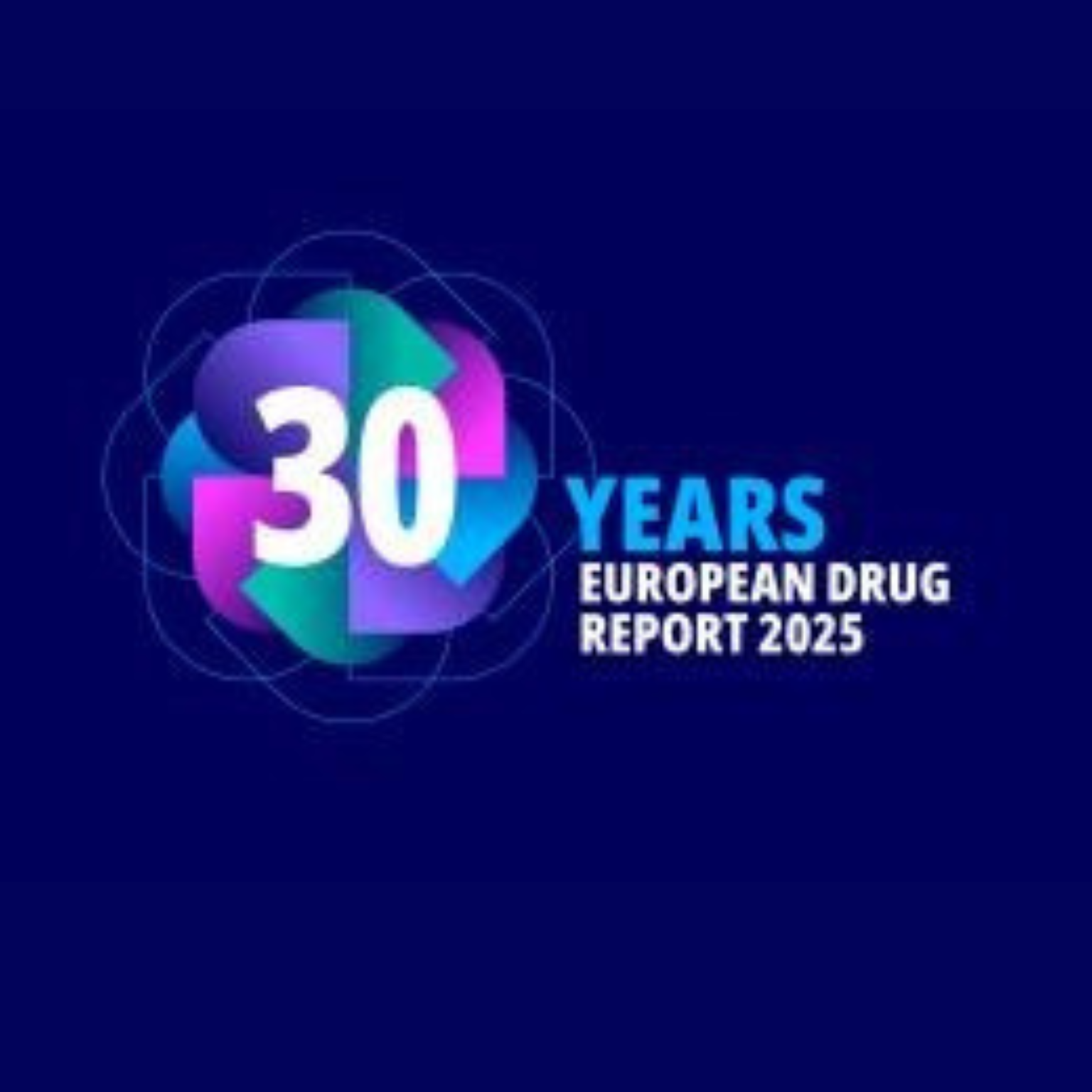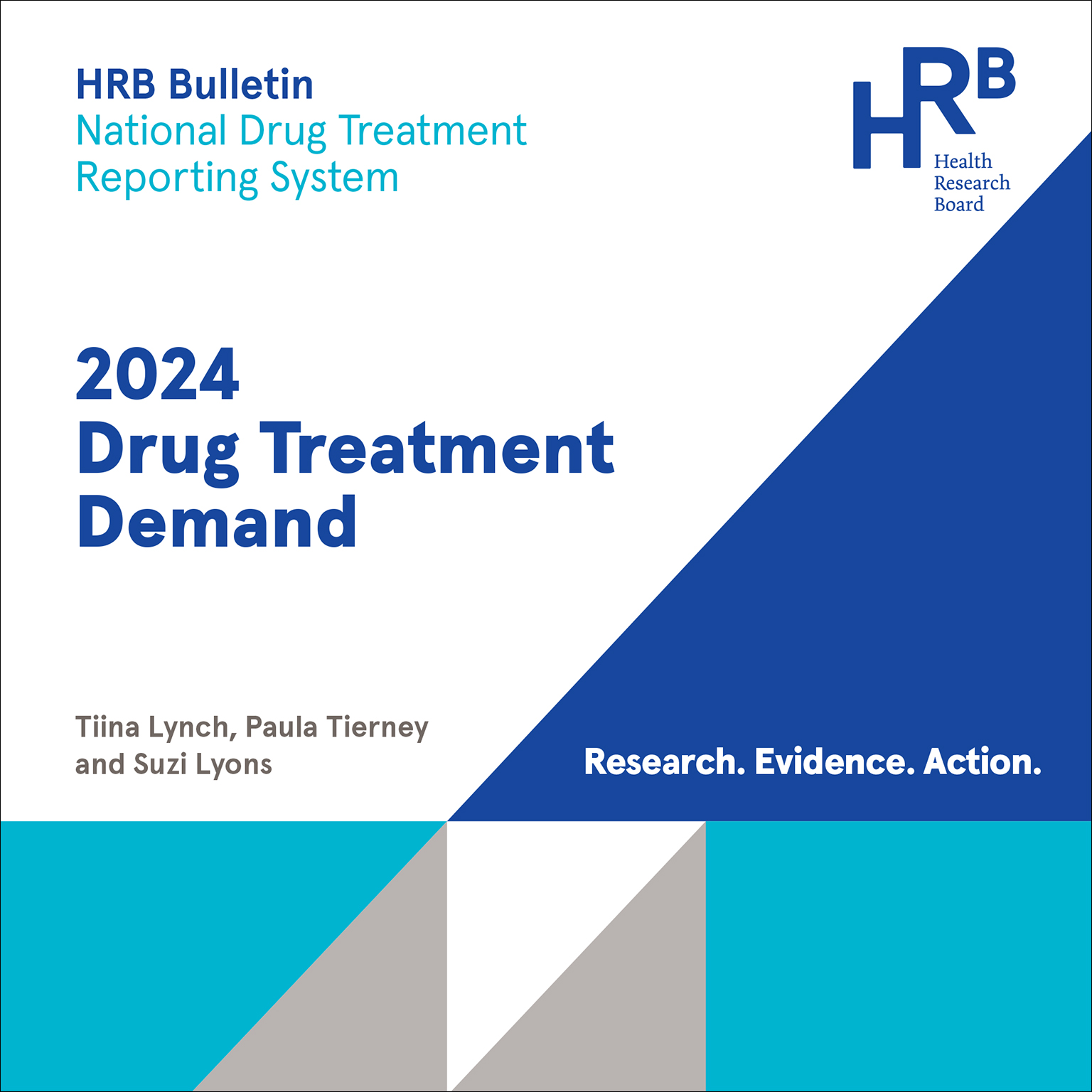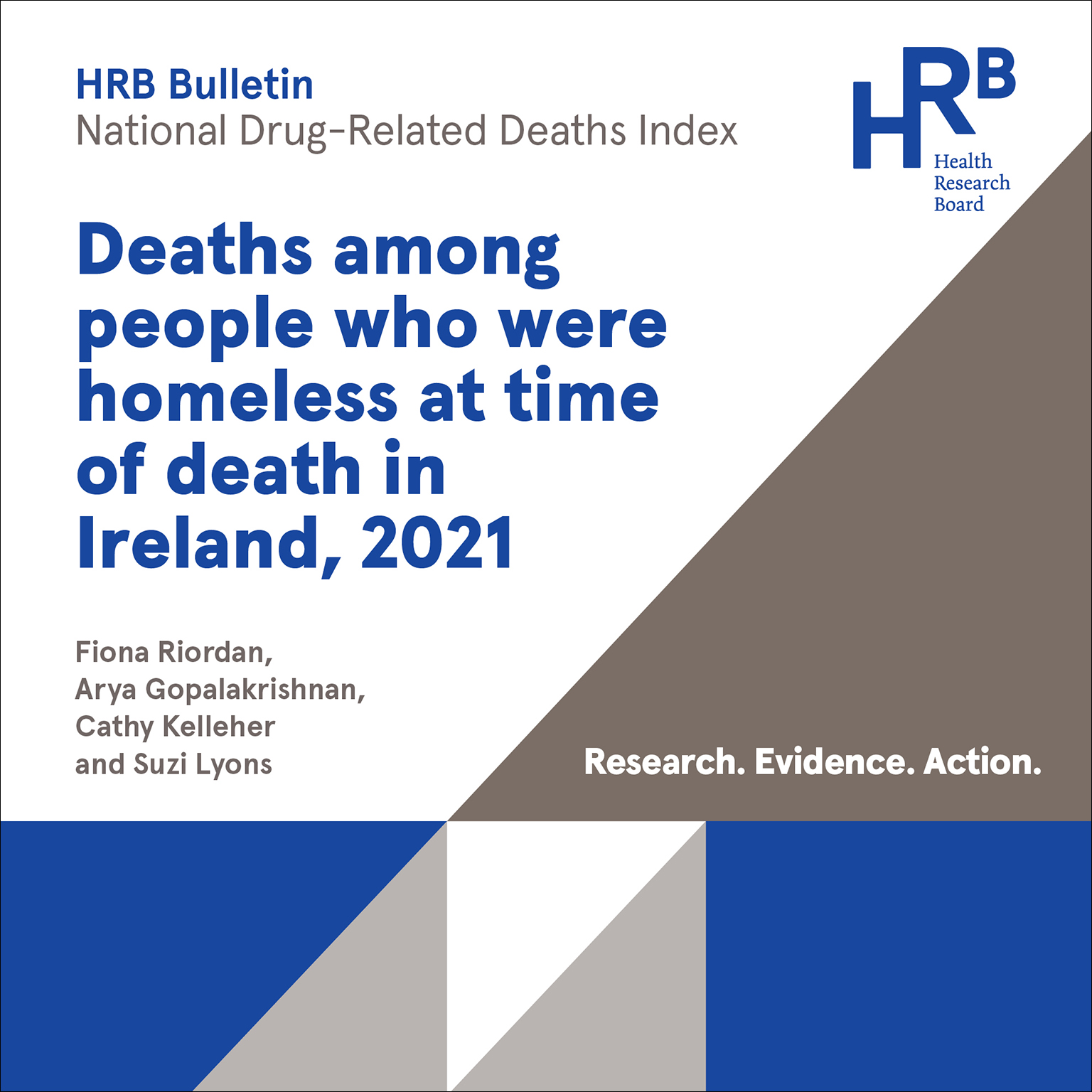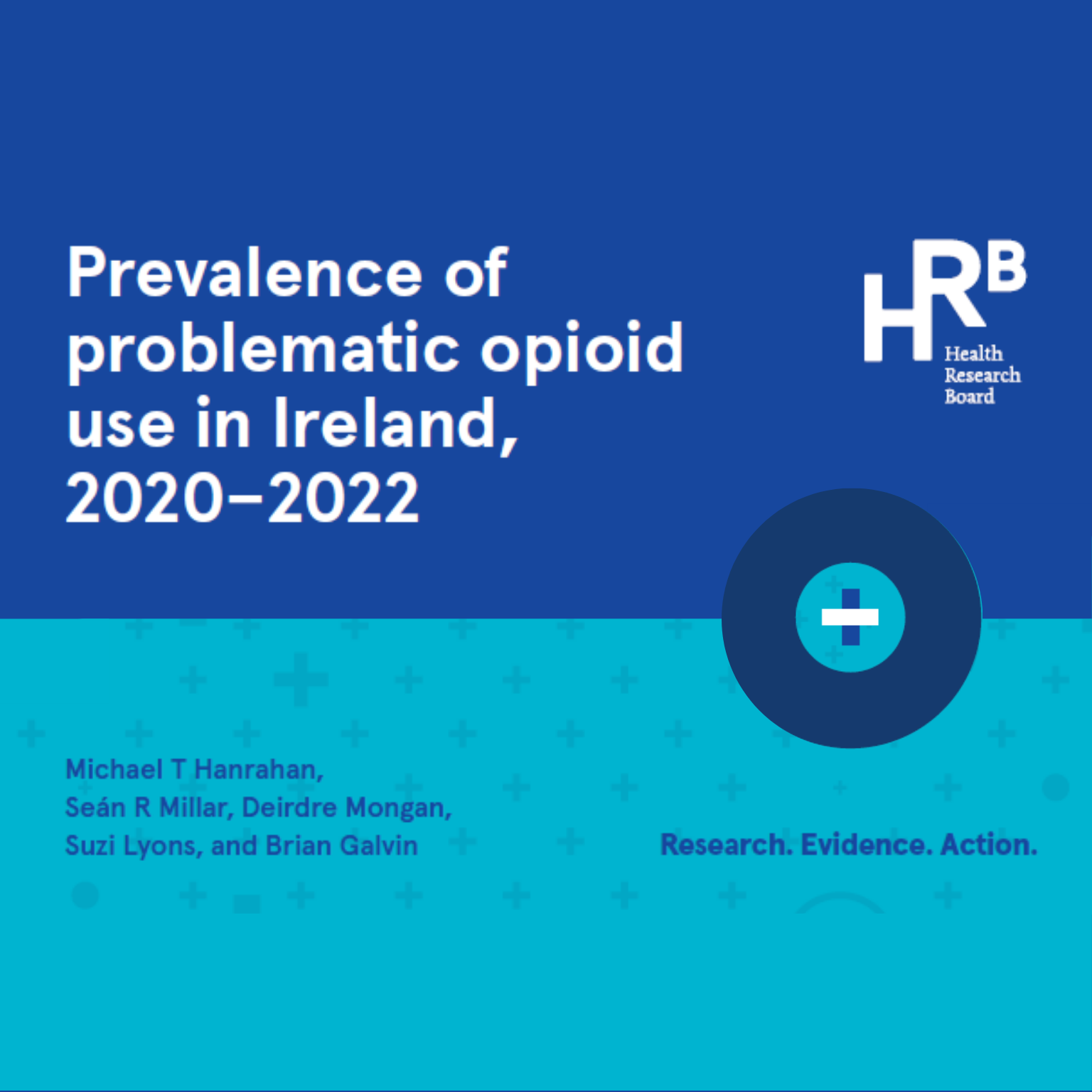New HRB report identifies best practice for addressing drug use among people who are homeless
A new Health Research Board (HRB) evidence review explores international evidence for responding to substance use among people who are homeless, concluding that service integration and flexibility in service delivery are key to meeting this group’s needs.
4 min read - 30 Mar 2021

There are approximately 4,500 single homeless people in Ireland, who have worse physical and mental health than the general population and present with higher levels of substance use.
The review adopts an inclusion health perspective, which aims to protect socially excluded groups, in particular people experiencing homelessness with complex health needs.
Commenting on the report, the Minister with responsibility for Public Health, Well Being and National Drugs Strategy, Mr Frank Feighan TD said:
“The national drugs strategy recognises that people who are homeless are a hard-to-reach group who face difficulties in accessing drug and alcohol services. The review provides best practice guidance for service providers on how best to engage with this vulnerable cohort.
The Department of Health has prioritised health services for people who are homeless during Covid-19, with additional funding of €15m being provided for service enhancements in the HSE national service plan for 2021. I want the extra resources to be used effectively to address the addiction and other health needs of people who are homeless.
The key message from the review is that providers of services for people who are homeless should adopt a case management approach, so that service users have an individual care plan which they have an active role in designing and implementing. Already we are seeing the benefits of the case management approach in north inner-city Dublin and in the Housing First programme. I hope that this review will help to extend this successful approach to services for people who are homeless across the country.’’
Housing First is an approach to ending homelessness that focuses on providing immediate, permanent, low-barrier, non-abstinence-based supportive housing for individuals with lived experience of homelessness. The review shows that the Housing First model supports a flexible harm reduction approach that enables referral to other services needed by the residents and that this model brings about improvements in housing as well as in physical health and wellbeing.
In a case management approach to service provision, clients are typically linked to a range of services tailored to meet their specific, individual needs. The review highlights that case management-type interventions can be effective, both when applied on their own and when combined with other interventions, such as contingency management, positive reinforcement or incentives, art therapy, and health prevention and promotion programmes.
According to Brian Galvin, Programme Manager for Drug and Alcohol Research at the HRB: “The review’s findings highlight the importance of integration between different services, especially for people experiencing homelessness and who also experience co-occurring serious mental health problems and substance use. An important determinant of success is the manner in which interventions are delivered. They should be non-judgemental, compassionate, provide options and respect service users’ preferences.”
Key findings from the international evidence review include:
- A flexible system which provides opportunities for both harm reduction and abstinence-based approaches is effective.
- Peer support interventions can lead to positive housing, substance use, and wellbeing outcomes.
- Treatment failure often stems from service providers not recognising the breadth and complexity of individual needs.
Dr Joanna Miler (University of Stirling), lead author of the report, comments: “As in other areas of health care and services, people with complex needs fare better when services are provided in a holistic way, and when systems are flexible enough to provide opportunities that meet the service user’s treatment needs. Research aimed specifically at understanding the needs of people who are experiencing homelessness and who use drugs will help to orientate services and improve responses.”
The review is applicable to statutory, voluntary and community providers of drug and alcohol services. It can also be used by homeless services and services that work with other vulnerable groups affected by addiction, such as offenders, ethnic minority groups, LGBTI+ community, people with mental health illness, and sex workers.
ENDS
Download the full report on drug treatment services for people who are homeless and use drugs.
For more information, contact Gillian Markey, Communications Manager, HRB by email at gmarkey@hrb.ie or on mobile +353 87 2288514.
4 min read - 30 Mar 2021



